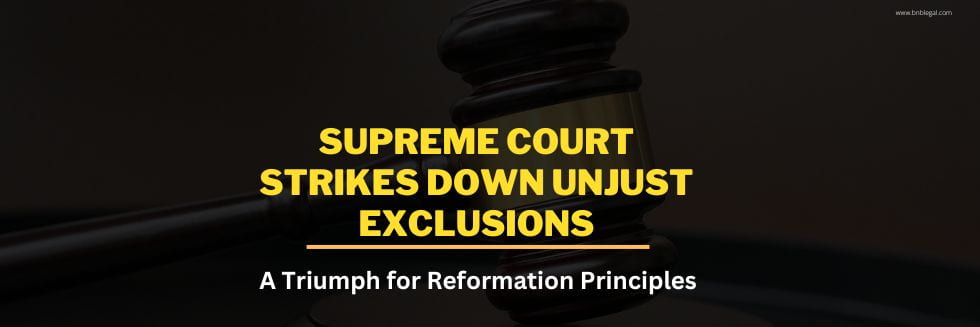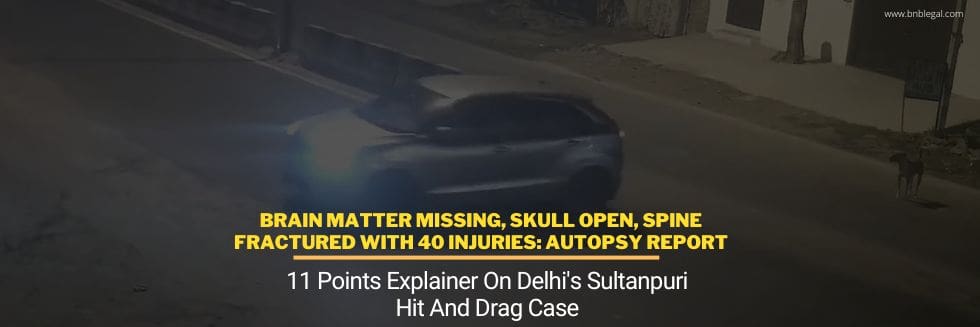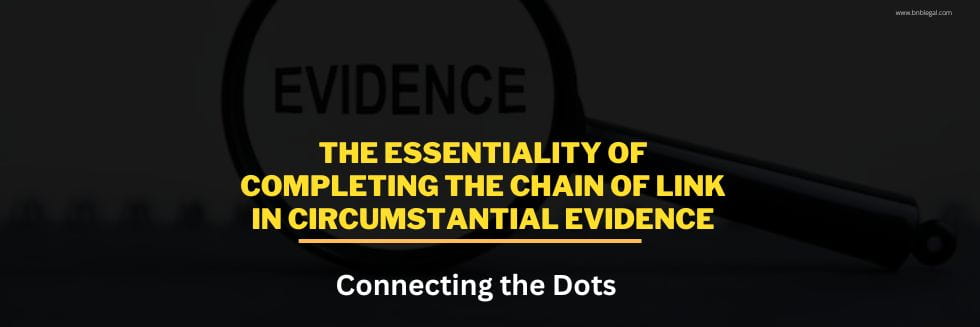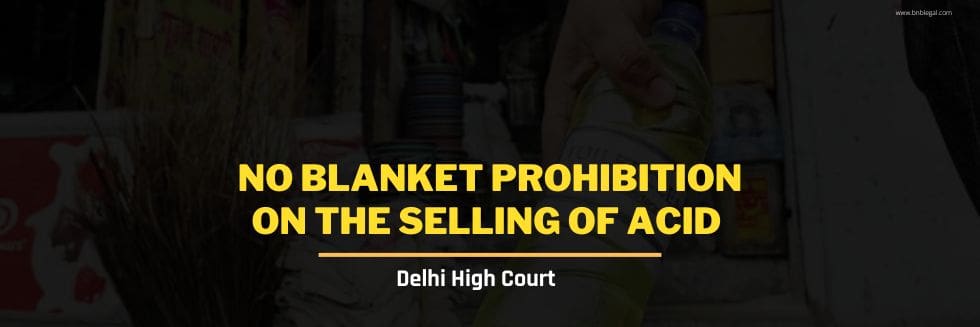Introduction
The “state remission policy” refers to the regulations and procedures that the government and legal authorities follow when awarding leniency or decreasing sentences for detained prisoners. Principles of justice, equity, and humanitarian concerns frequently affect this approach. The term “Exclusion of Certain Offenses from State’s Remission Policy” refers to the practice of barring specific types of offences from eligibility for sentence reduction or pardon under the state’s remission policy.
The remission strategy often aims to reduce convicted prisoners’ sentences, often for good behaviour, rehabilitation, or other considerations. Certain significant or egregious offences, however, may be excluded from the policy’s advantages, which means that individuals convicted of such offences may be ineligible for sentence reduction or early release depending on their behaviour or participation in rehabilitation programs. As a matter of public safety and justice, these exclusions are often created to guarantee that persons convicted of the most serious crimes serve their full sentences.
In this case, the Supreme Court ruled that the blanket exclusion of certain offences from the state’s remission policy is arbitrary and contrary to reformation ideals. The Court highlighted that each convict’s reformative potential should be assessed separately. It opined that such rigid criteria, which prohibit considering premature release requests simply on the nature of the offence committed years ago, might have a disastrous impact on those who may deserve a second opportunity at liberty.
Case Details
- Joseph v. State of Kerala
- Petitioner: Joseph
- Counsel for the Petitioner: Advocate Adolf Mathew
- Respondents: State of Kerela & Ors.
- Counsel for the Respondents: Advocate-on-Record Sanjay Jain
- Court: Supreme Court
- Coram: S. Ravindra Bhat, J.; Dipankar Datta, J.
- Case no.: Writ Petition (Criminal) No(s). 520 Of 2022
- Citation: 2023INSC843
- Date of Judgement: 21st September, 2023
Brief Facts
- It was claimed that on September 16th, 1994, the petitioner went to his sister-in-law’s (the deceased victim’s) workplace. Under the pretence that her mother was seriously ill and had been admitted to the hospital, took her away with the permission of the convents in charge.
- According to the prosecution, he made her go along the railway line and reportedly raped and robbed her of the ornaments she was wearing before putting her on the tracks to be run over by a passing train.
- The petitioner was detained in connection with the case on October 9, 1994, and stayed in detention until the trial court’s decision. Sessions Court, Thrissur acquitted him of all charges on 23.03.1996.
- By its ruling dated 06.01.1998, the Kerela High Court reversed the acquittal and condemned the petitioner for the offences punishable under Sections 302, 376, and 392 IPC.
- The High Court sentenced him to life imprisonment for the Section 302 offence, as well as 7 years hard imprisonment on each conviction of Sections 376 and 392 IPC, which were to run concurrently.
- The Supreme Court on 27.04.2000 set aside the conviction under Section 376 IPC and confirmed the conviction and sentence under Sections 302 and 392 IPC only.
- Before being acquitted by the trial court, the petitioner spent 1 year, 5 months, and 10 days in detention as an undertrial.
- He surrendered to the punishment after his conviction by the High Court on January 28, 1998, and stayed in detention thereafter. He finished 14 years of actual jail (including time spent as an undertrial) on August 13, 2010.
- The custody certificate attached to his writ petition certifies that he served 25 years, 9 months, and 26 days in jail on 07.06.2022, (i.e., he served 25 years in prison on 13.08.2021).
- According to the state’s counter-affidavit, as of 31.01.2023, he had served 25 years, 10 months, and 3 days in jail and had earned 8 years, 4 months, and 16 days in remission.
- During the hearing, it was pointed out that the petitioner’s case had been addressed by the Advisory Committee/Jail Advisory Board under current Rules nine times, with the Board recommending his premature release three times. However, in all three instances, the state administration denied his plea.
The state listed certain crimes, the commission of which put the convict beyond the scope of a grant of remission. The petitioner had approached this Hon’ble Court against the arbitrary action of the state.
Observations Made By Supreme Court
SC observed that “Classifying – or, to put it another way, typecasting – convicts based on their crime committed in the distant past can result in the real danger of overlooking the reformative potential of each convict.” As a beginning point, categorizing convicts based on the offences they were judged to have committed may be justifiable. However, when viewed in conjunction with Articles 72 and 161, India’s prison laws encapsulate a strong underlying reformative aim. The practical result of a policy that prohibits consideration of a premature release request by a criminal who has served over 20 or 25 years, solely on the nature of the crime committed in the distant past, would be to crush the life force out of such a man utterly.
Supreme Court Judgment
The Supreme Court ruled that the rights granted by Articles 72 and 162, notably in cases of remission and commutation, should not be limited by rigorous guidelines. The blanket exclusion of certain offences from the state’s remission policy is arbitrary and goes against the ideals of the reformation because each convict’s reformative ability should be examined individually. It opined that such rigid criteria, which prohibit considering premature release requests simply on the nature of the offence committed years ago, might have a disastrous impact on those who may deserve a second opportunity at liberty.
Conclusion
The Supreme Court of India has struck a resounding chord in the quest for justice, reformation, and humanistic ideals in a landmark decision. The decision in Joseph v. State of Kerala challenges the arbitrary exclusion of specific offences from the state’s remission policy, highlighting the importance of assessing each convict’s reformative capacity on an individual basis.
The Court’s assessment that categorizing offenders simply based on the nature of their previous offences runs the risk of neglecting the possibilities for rehabilitation highlights a critical shift in criminal justice thinking. While categorizing convicts based on their actions may appear acceptable at first glance, it frequently fails to account for the transforming path that each individual can embark on while inside.
The decision maintains the overarching goal of India’s jail rules, which emphasise the reformative aspect of incarceration. It sends a strong message that rigid criteria that deny the possibility of early release solely because of the nature of an offence committed in the distant past can crush hope and extinguish the life force of those who genuinely deserve a second chance at liberty.
In essence, this judgement advocates the reformation concept and emphasizes the ideals of justice, equity, and humanity that should lead the nation’s criminal justice system. It serves as a beacon of hope for people who have paid their due to society, emphasizing the significance of acknowledging their potential for forgiveness and their right to reintegration. In doing so, the Supreme Court has issued not merely a legal decision, but also a strong statement about the ideals that should lead the way to a more just and humane society.
This article is written and submitted by Sanskar Singhal during his course of internship at B&B Associates LLP. Sanskar is a 5th Year BBA LLB student at Geeta Institute of Law, Panipat.







